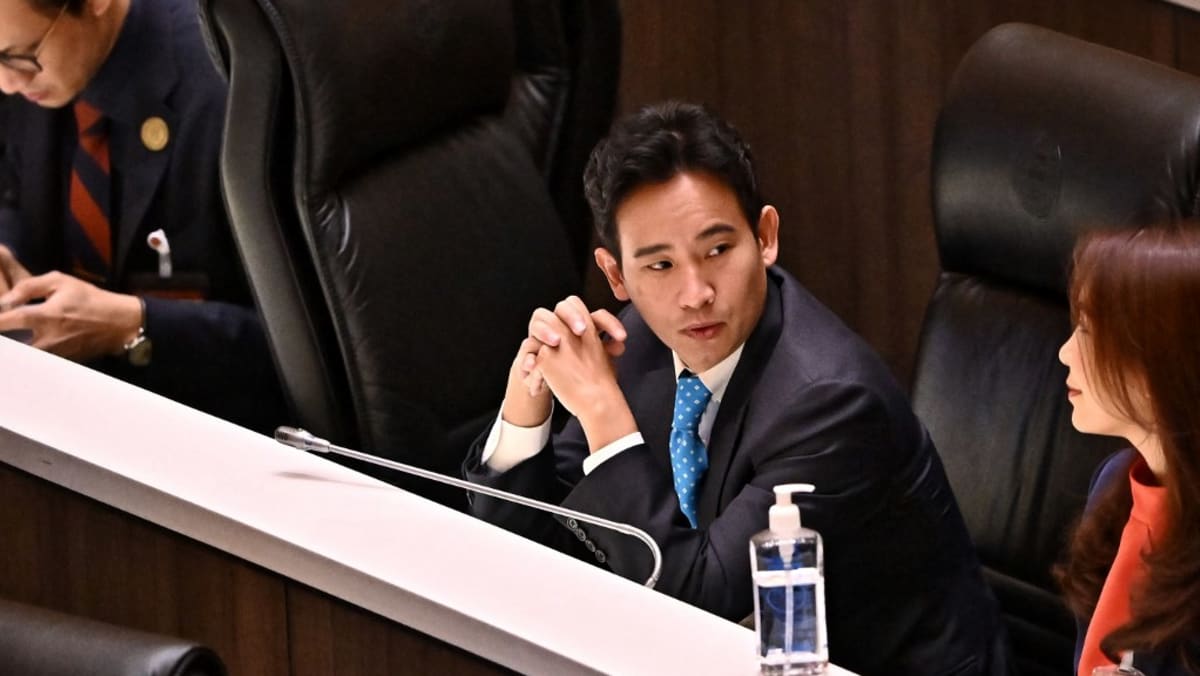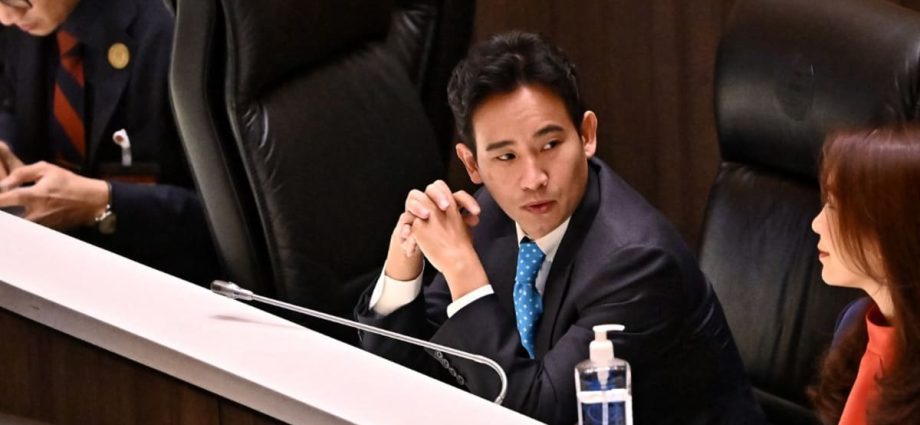
BANGKOK: Two months after the Thai general election in May, electoral winner Move Forward Party was blocked by parliament from forming a government on Wednesday (Jul 19).
Its leader and sole prime ministerial candidate Pita Limjaroenrat bade farewell to parliament after the Constitutional Court suspended him from duties as a member of parliament (MP) over shares in a defunct media company.
The court order – issued during a parliamentary debate on Mr Pita’s bid for the premiership – was followed by a vote that barred him from being renominated as prime minister, dealing a crushing blow to Move Forward.
Mr Pita had failed in his initial bid to be the prime minister on Jul 13.
Parliament is scheduled to reconvene on Jul 27 to select the 30th prime minister of Thailand.
CNA looks at what could happen next as the Move Forward-led coalition is forced to come up with a new prime ministerial candidate from another party.
WHO CAN FORM THE NEXT GOVERNMENT?
Electoral runner-up Pheu Thai Party is poised to lead the forming of the next government. It is currently part of an eight-party coalition that commands a clear majority in the 500-seat House of Representatives – the Lower House.
The alliance includes Move Forward, Pheu Thai, Prachachat, Thai Liberal Party, Thai Sang Thai, Fair, Plung Sungkom Mai and Pue Thai Rumphlang. Together, they have 312 seats.
However, Pheu Thai needs more support to secure the premiership and form the government.
The current constitution stipulates that a prospective prime minister must have the approval from more than half of the combined assembly, which includes 249 senators from the Upper House.
This means Pheu Thai needs at least 375 votes when parliament reconvenes next week to select the prime minister – either from both Houses or the Lower House alone.
CAN PHEU THAI FORM THE GOVERNMENT WITH MOVE FORWARD?
Given what happened in the previous prime ministerial selection, Pheu Thai’s chance to succeed is slim if Move Forward remains in the coalition.
Mr Pita only managed to secure 324 votes in the initial choosing of the prime minister, while 182 people voted against him and 199 others abstained. Many of them opposed his party’s policy to amend the royal defamation law or Section 112 of the Thai Criminal Code.

